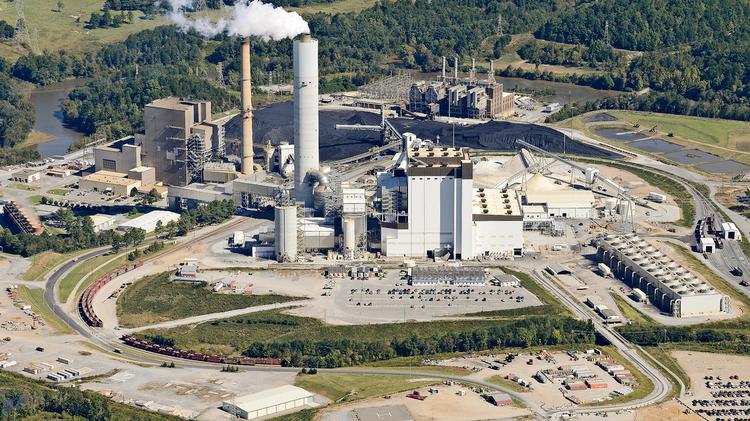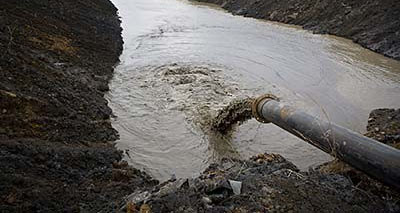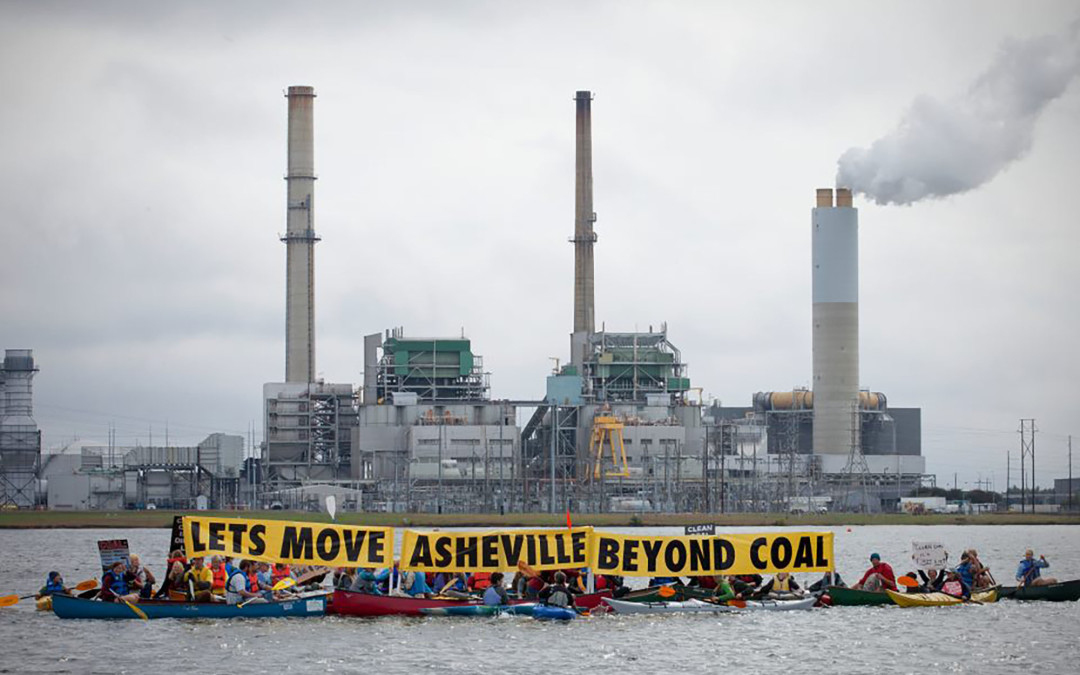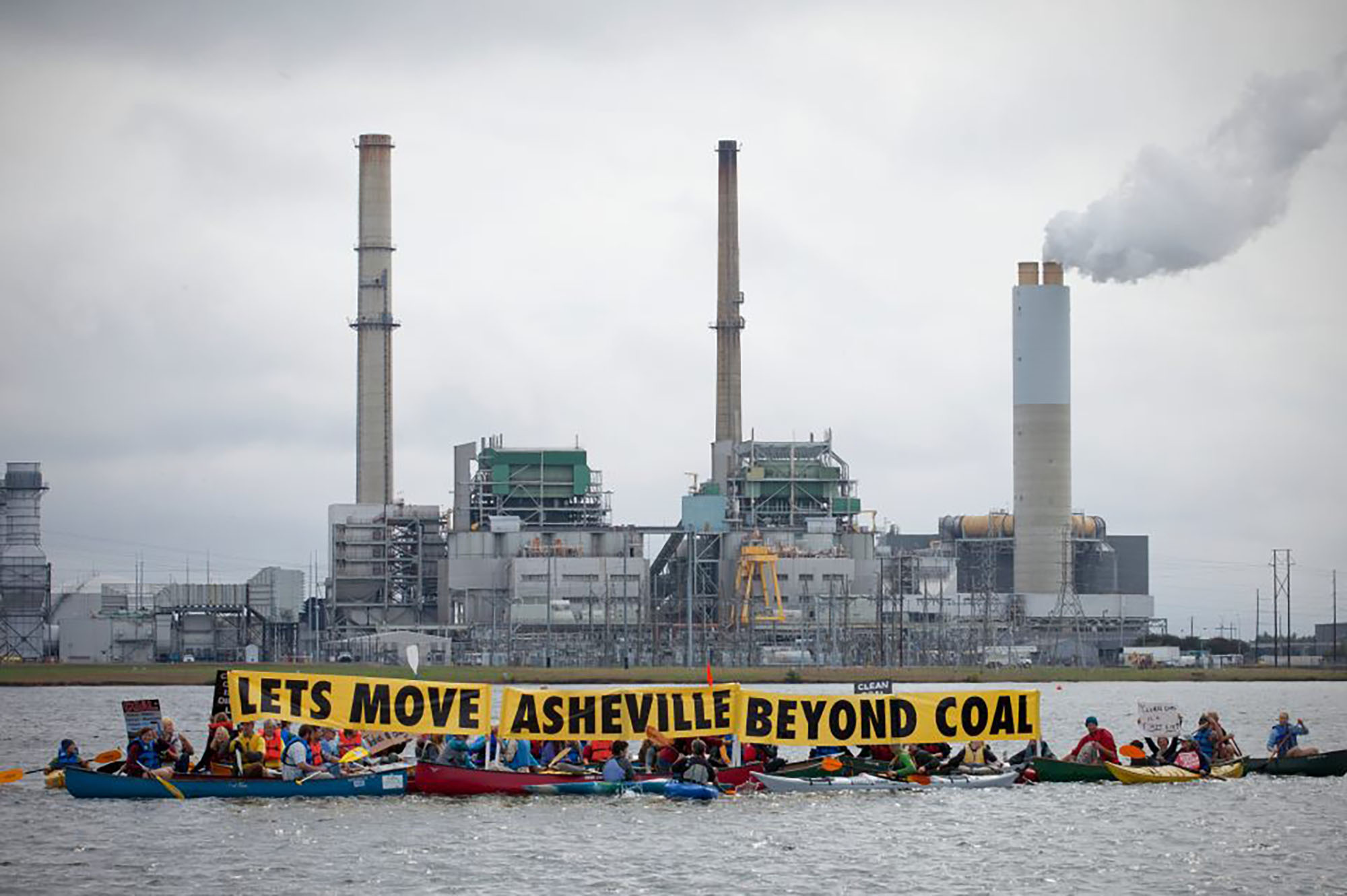Show your support for the Energy Innovation Task Force
This Tuesday, March 22, Asheville City Council will vote on a resolution to establish the Energy Innovation Task Force. Then on April 5, Buncombe County Commission will meet to vote on the same joint resolution. Once established, his task force will bring together representatives from the City, County, Duke Energy and community partners to work toward to a cleaner, affordable and smarter energy future.
The work of the Energy Innovation Task Force will be to strategize and implement a plan that will meet the region’s future energy demand through more energy efficiency and investment in renewable energy infrastructure so that we can avoid the construction of a third natural-gas-powered “peaking” unit at Lake Julian.
Asheville City Council Meeting
March 22 at 5:00 p.m.
Asheville City Hall
70 Court Plaza, 2nd Floor
Asheville, NC 28801
Buncombe County Commissioners Meeting
April 5 at 4:30 p.m.
Buncombe County Building
200 College Street, 3rd Floor
Asheville, NC 28801
Public comment will be accepted. Come to both the Asheville City Council meeting and the County Commission meeting and show your support for the creation of the Energy Innovation Task Force!
Text of the Resolution
RESOLUTION NO. __________
RESOLUTION ESTABLISHING A JOINT CITY, COUNTY AND UTILITY ENERGY INNOVATION TASK FORCE FOR THE PURPOSE OF RESEARCHING, PRIORITIZING, RECOMMENDING AND IMPLEMENTING RECOMMENDATIONS TO CREATE ENERGY EFFICIENCY, DEMAND SIDE MANAGEMENT AND RENEWABLE ENERGY OPPORTUNITIES TO REDUCE ENERGY USE IN BUNCOMBE COUNTY_________________
WHEREAS, Buncombe County adopted a resolution regarding Buncombe County Energy Independence on December 3, 2013; and
WHEREAS, the City of Asheville adopted a resolution Supporting a Clean Energy Economy on October 22, 2013; and
WHEREAS, the region’s beauty, clean air, and clean water are vital to the residents of Buncombe County and the region’s economy; and
WHEREAS, the City of Asheville, Buncombe County, and Duke Energy Progress are committed to working to delay or avoid the construction of an additional fossil fuel-powered combustion turbine electricity generating facility at the Asheville Plant site in 2023; and
WHEREAS, the City of Asheville, Buncombe County, and Duke Energy Progress desire a transition to a cleaner, affordable, and smarter energy future in Western North Carolina, rooted in community engagement and collaboration, that is mutually beneficial to the community, customers and Duke Energy Progress; and
WHEREAS, Duke Energy Progress has agreed to co-convene with the City of Asheville and Buncombe County a joint Energy Innovation Task Force to transition to a cleaner, affordable, and smarter energy future through active community engagement, deliberate investment in distributed energy resources and greater promotion of and access to energy efficiency and demand-side management programs, subject to appropriate North Carolina Utilities Commission approval; and
WHEREAS, supporting a clean energy future will foster protection of natural resources, help mitigate climate change, and facilitate the growth of the clean energy industry in our region; and
WHEREAS, the task force will engage with our community to provide cost-effective services, programs and new products they value and expect through investment in clean and innovative ways to power Western North Carolina, while keeping rates competitive; and
WHEREAS, Buncombe County residents and businesses have the ability to seize this opportunity to use renewable energy and participate in energy efficiency and demand-side management programs to increase the region’s climate resiliency and to become a model to other communities in the state and country.
NOW, THEREFORE, BE IT RESOLVED BY THE BUNCOMBE COUNTY COMMISSION AND ASHEVILLE CITY COUNCIL THAT:
Buncombe County, the City of Asheville and Duke Energy Progress have established a joint task force known as the “Energy Innovation Task Force” that will appoint members from local government, environmental and clean energy advocates, large and small businesses, local institutions and Duke Energy Progress to research, recommend and implement energy efficiency and demand-side management programs and projects and distributed energy technology in Buncombe County, subject to appropriate North Carolina Utilities Commission approval. This Task Force will seek input from and engagement with the public as an integral part of its work.
Read, approved and adopted this __ day of March 2016.
Buncombe County Commission Chair Mayor, City of Asheville
County Clerk City Clerk
Approved as to form:
County Attorney City Attorney







